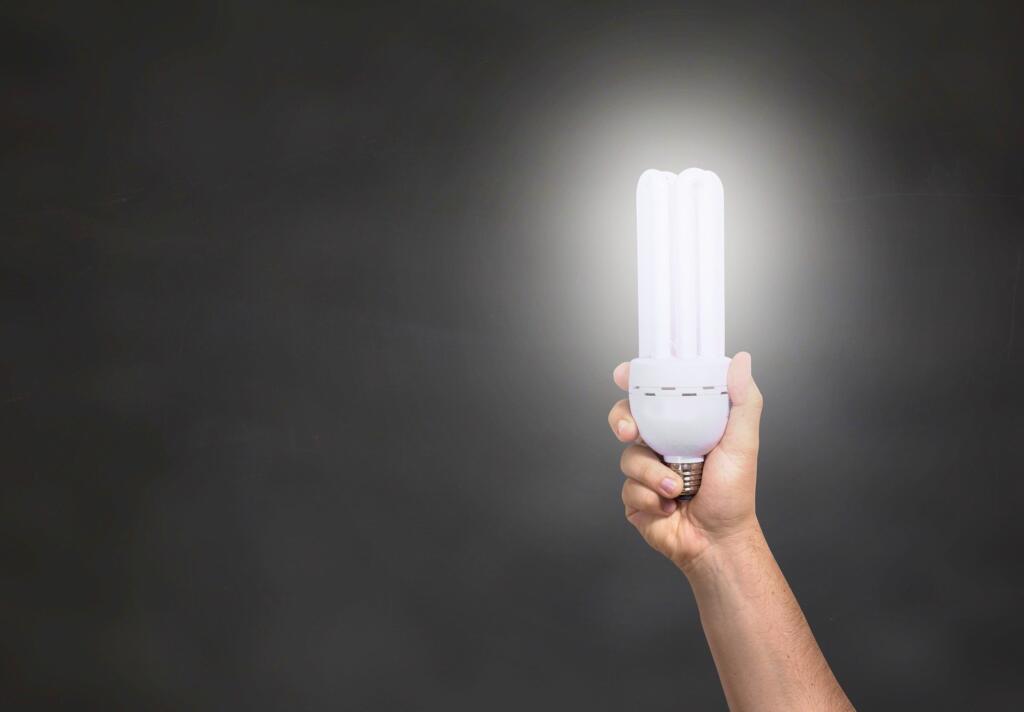Electricity is an integral part of our daily lives and its price can significantly affect the household budget. Therefore, the question of preferential electricity rates is still relevant. In 2024, we can still benefit from protection schemes that aim to protect consumers from sharp increases in energy prices. But until when will this protection last and what happens afterwards?
The current tariffs for the sale of electricity to households are significantly higher than those on the bills of most Poles. This ensures that market prices do not translate directly into costs for residential consumers. In practice, we now pay the rates set in December 2021.
The current frozen energy price for households is PLN 0.41/kWh. This is less than the current energy sale tariffs for these consumers (PLN 0.74/kWh) and also less than the price of energy with delivery on the forward market (approximately PLN 0.64/kWh - the average price of energy contracted in 2023 for delivery in 2024). However, the price-freezing provisions will not be in force forever. This is an ad hoc measure, calculated for a specific period of time - recalls Maciej Maciejowski of the Polish Electricity Committee.
The current legislation has extended the price freeze for six months - from January to the end of June 2024. This means that we will continue to benefit from preferential electricity rates for this period. The existing annual consumption limits for preferentially priced households will be halved and will apply to six months' consumption.
Significant increases?
The government's plans for a possible extension of the shielding measures are expected to be known in the second quarter, but as has been announced so far, the possible support will not apply to all households. This would mean that at least some consumers will have to reckon with an increase from the current ca. PLN 0.41/kWh to ca. PLN 0.74/kWh approved by the President of URE. However, such a significant increase in the price of energy will not mean a proportional increase in the amount of the bill.
In addition to the energy price itself, the electricity bill includes many other charges. These include a quality charge, network charges (fixed and variable), a transitional charge, a power charge, a cogeneration charge, a RES charge (which is currently PLN 0) and a subscription charge. When the price freeze ceases to apply, our bills will increase, but to a much lesser extent than the price of energy itself.
Not only households
The shielding measures have been extended so that electricity consumers - in order to continue to benefit from them - do not have to take any additional action. Declarations made a year ago are sufficient. This applies to households as well as other protected customers of small and medium-sized enterprises, local authorities and other entities that have been declared vulnerable.
The costs of the shielding measures are borne by the electricity generation companies and the state budget. According to the government, the total costs of capping and freezing electricity, gas and heat prices for 2022 and 2023 amount to almost PLN 100 billion. Therefore, a gradual move away from price freezes may be the best solution, while allowing energy price increases to be controlled and costs to energy companies and the state budget to be reduced.
What influences the price of electricity?
One of the main factors driving up energy prices is the cost of carbon emissions in the EU ETS. These have risen from a level of around EUR 30/t in 2021 to EUR 80/t and, although they have been slowly declining for a year, they are still high. Another factor is the cost of energy raw materials such as coal and gas. Their prices increased significantly after Russia's aggression against Ukraine, they fell slightly at the end of 2022, but are still significantly higher than before the conflict.
The only way to stop energy prices rising is to minimise the impact of emissions and raw material costs on the final cost of power generation. Therefore, the energy transition is becoming an unavoidable necessity. This includes continuing the nuclear power plant programme, developing renewable energy sources, investing in transmission and distribution networks. Energy transformation is not only a matter of ecology, but also a strategic security issue for Poland, which will allow the economy to remain competitive. Rational management of electricity is crucial, both for individual consumers, companies and society as a whole. Lower energy consumption not only translates into lower bills, but also contributes to a faster energy transition and improves air quality. It is worth taking advice from the Polish Electricity Committee's "Energy Counts" campaign, which can be found at www.liczysieenergia.pl.

